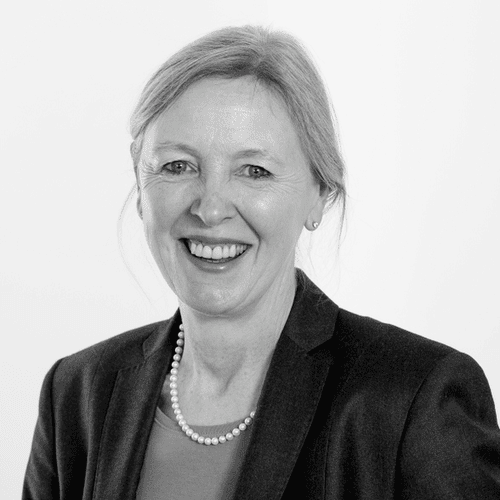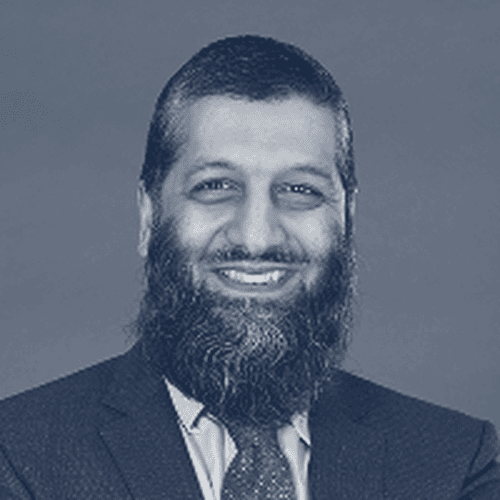
Practice Areas
Yvonne is an associate solicitor in the Human Rights department specialising in actions against the Police. Yvonne acts in a wide range of claims against the police and other public bodies for false imprisonment, assault, malicious prosecution, mis...
Practice Areas
Yvonne is an associate solicitor in the Human Rights department specialising in actions against the Police. Yvonne acts in a wide range of claims against the police and other public bodies for false imprisonment, assault, malicious prosecution, misfeasance in public office and claims under the Human Rights Act 1998 and the Equality Act 2010. Yvonne acts for clients in private law claims for compensation and public law challenges for judicial review. Yvonne also represents families at inquests. Yvonne has acted in claims for unlawful arrest and detention on the grounds of race and/or religious discrimination. Yvonne successfully obtained compensation from the Police for a failure to recognise an individual as a victim of trafficking. Yvonne acted for the applicant in R (on the application of Silvera) v HM Senior Coroner for Oxfordshire successfully challenging the decision of a Coroner not to resume an inquest. Yvonne is recognised in the Legal 500 for fighting exceptionally hard for her clients.



























